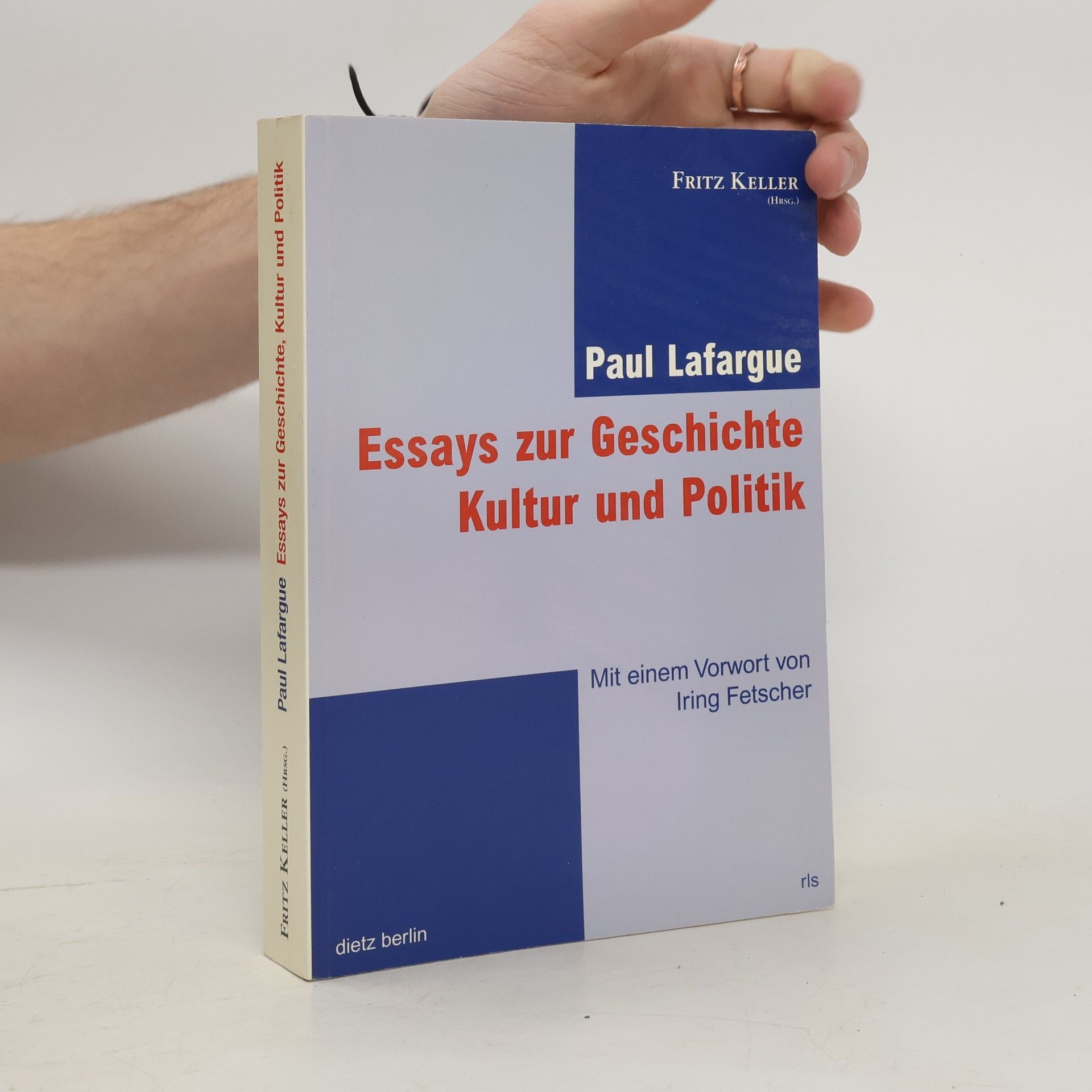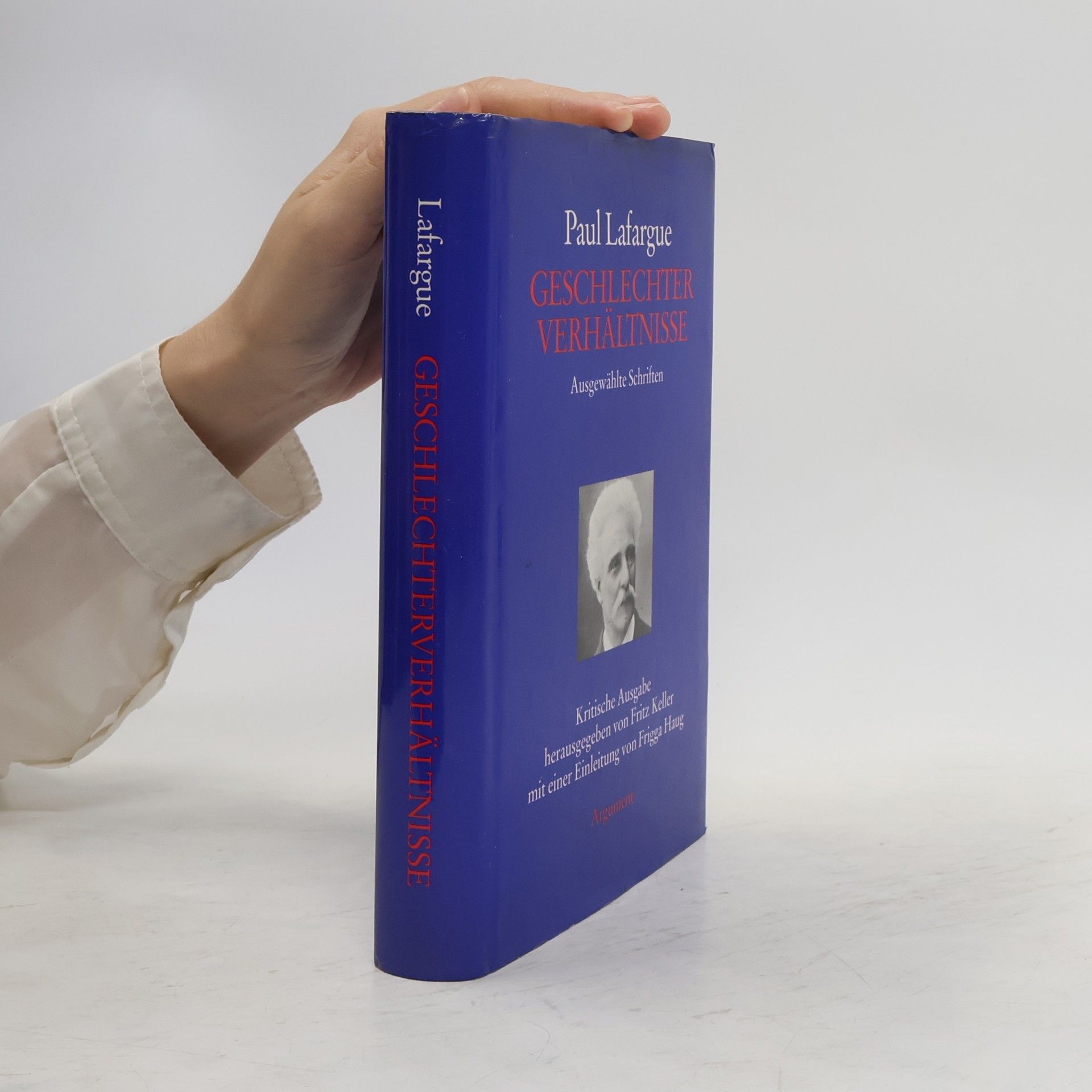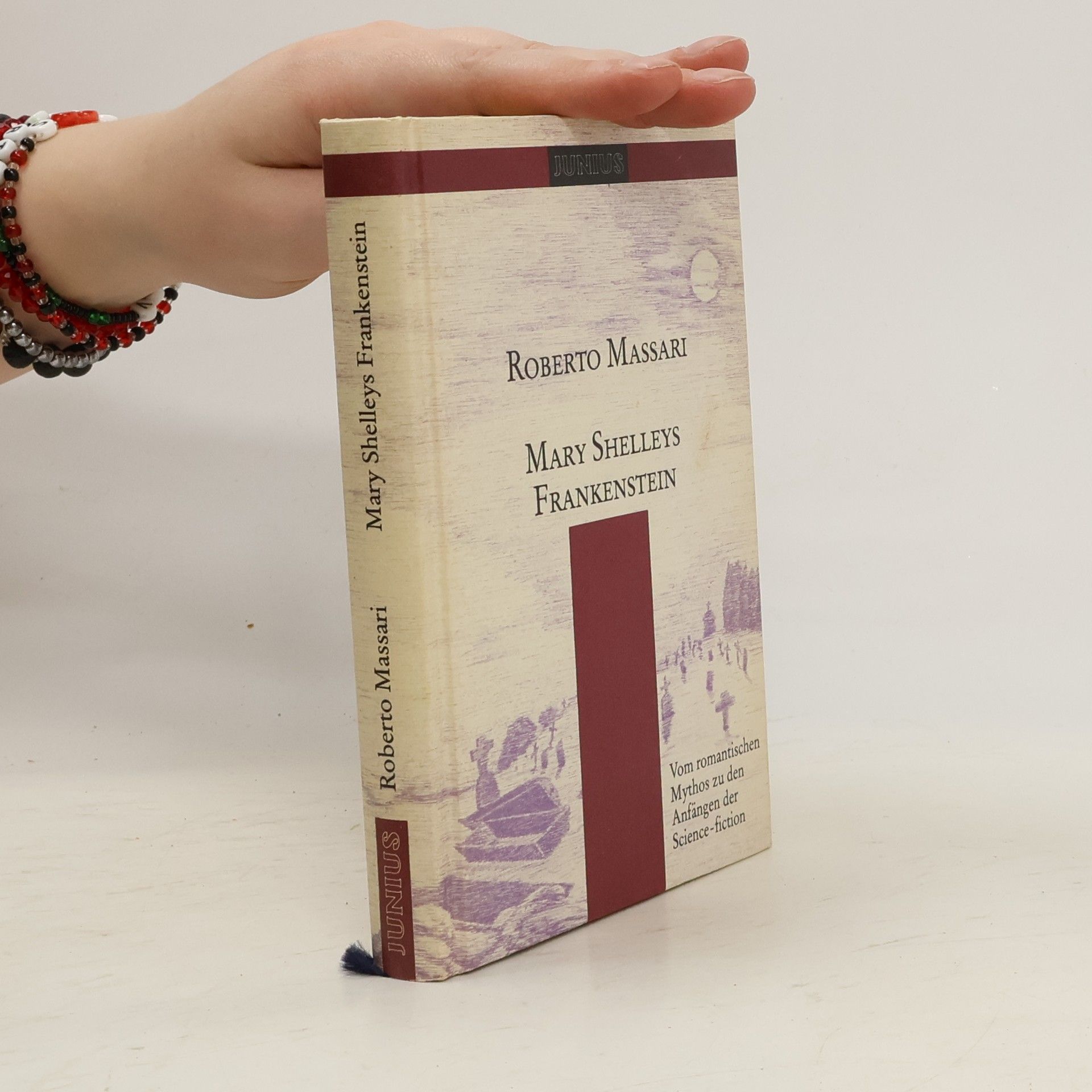"The Right to be Lazy" by Paul Lafargue critiques various ideologies surrounding labor, including liberal, conservative, Christian, and socialist views. The essay advocates for the value of leisure and challenges the societal norms that prioritize relentless work over personal well-being.
Paul Lafargue Book order (chronological)
A French revolutionary Marxist socialist and son-in-law of Karl Marx, Lafargue was born in Cuba to French and Creole parents. His seminal work, "The Right to Be Lazy," argues not only for the right to work but also for the right to idleness. In it, he provocatively suggested that enslaved Africans lived under better circumstances than European laborers, challenging prevailing notions of labor and progress. His writings offer a radical critique of the morality of work.







In dieser provokanten Schrift argumentiert Paul Lafargue gegen das gesellschaftliche Ideal des Arbeitens und plädiert stattdessen für das „Recht auf Faulheit“. Er kritisiert die Vorstellung, dass Arbeit einen hohen moralischen Wert hat, und beleuchtet die negativen Auswirkungen der übermäßigen Arbeitsmoral auf das Individuum und die Gesellschaft. Lafargue fordert eine Neubewertung der Lebensweise, in der Freizeit und Muße als essenzielle Bestandteile des menschlichen Glücks anerkannt werden. Seine Thesen sind eine scharfe Widerlegung des „Rechts auf Arbeit“ und regen zum Nachdenken über den Sinn von Arbeit an.
Das Recht auf Faulheit
Aus dem Französischen übersetzt von Eduard Bernstein
- 64 pages
- 3 hours of reading
Lafargue hinterfragt die ideologischen Grundlagen des Arbeitsbegriffs seiner Zeit und kritisiert die Arbeiterbewegung, die seiner Meinung nach von einer "Arbeitssucht" geprägt ist. Er fordert nicht ein Recht auf Faulheit, sondern die Abschaffung kapitalistischer Produktionsweisen. Anders als Marx und Engels lehnt er den Fortschrittsgedanken ab und sieht das Streben nach produktivem Wachstum als Ursache für das Elend der Arbeiter. Im Mittelpunkt seiner Analyse steht die Konsumkritik, die er sarkastisch mit der Aufforderung verbindet, dass Proletarier durch ihre Arbeit nur ihr persönliches Elend vergrößern.
Das Recht auf Faulheit
Widerlegung des »Rechts auf Arbeit« (Band 56, Klassiker in neuer Rechtschreibung)
- 56 pages
- 2 hours of reading
Die Reihe präsentiert bedeutende Werke der Weltliteratur in einer modernen Rechtschreibung, die den Duden-Richtlinien entspricht. Herausgeberin Klara Neuhaus-Richter sorgt dafür, dass klassische Texte für heutige Leser zugänglicher werden, ohne den ursprünglichen Inhalt zu verändern. Dies ermöglicht eine zeitgemäße Leseerfahrung und fördert das Verständnis für diese literarischen Meisterwerke.
Das Recht auf Faulheit. Zurückweisung des »Rechts auf Arbeit« von 1848. [Was bedeutet das alles?]
- 80 pages
- 3 hours of reading
Paul Lafargue's masterpiece, The Right To Be Lazy, at once funny and serious, witty and profound, elegant and forceful, is a logical expansion of The Right to the Pursuit of Happiness announced by Thomas Jefferson in the Declaration of Independence. It was not only extremely popular but also brought about pragmatic results, inspiring the movement for the eight-hour day and equal pay for men and women who perform equal work. It survives as one of the very few pieces of writing to come out of the international socialist movement of the nineteenth century that is not only readable-even enjoyable-but pertinent. This new translation by Len Bracken, fuller than previous versions in English, is supplemented by Lafargue's little-known talk on The Intellectuals.
Essays zur Geschichte, Kultur und Politik
- 392 pages
- 14 hours of reading
Geschlechterverhältnisse
- 324 pages
- 12 hours of reading
![Das Recht auf Faulheit. Zurückweisung des »Rechts auf Arbeit« von 1848. [Was bedeutet das alles?]](https://rezised-images.knhbt.cz/1920x1920/73263155.jpg)




